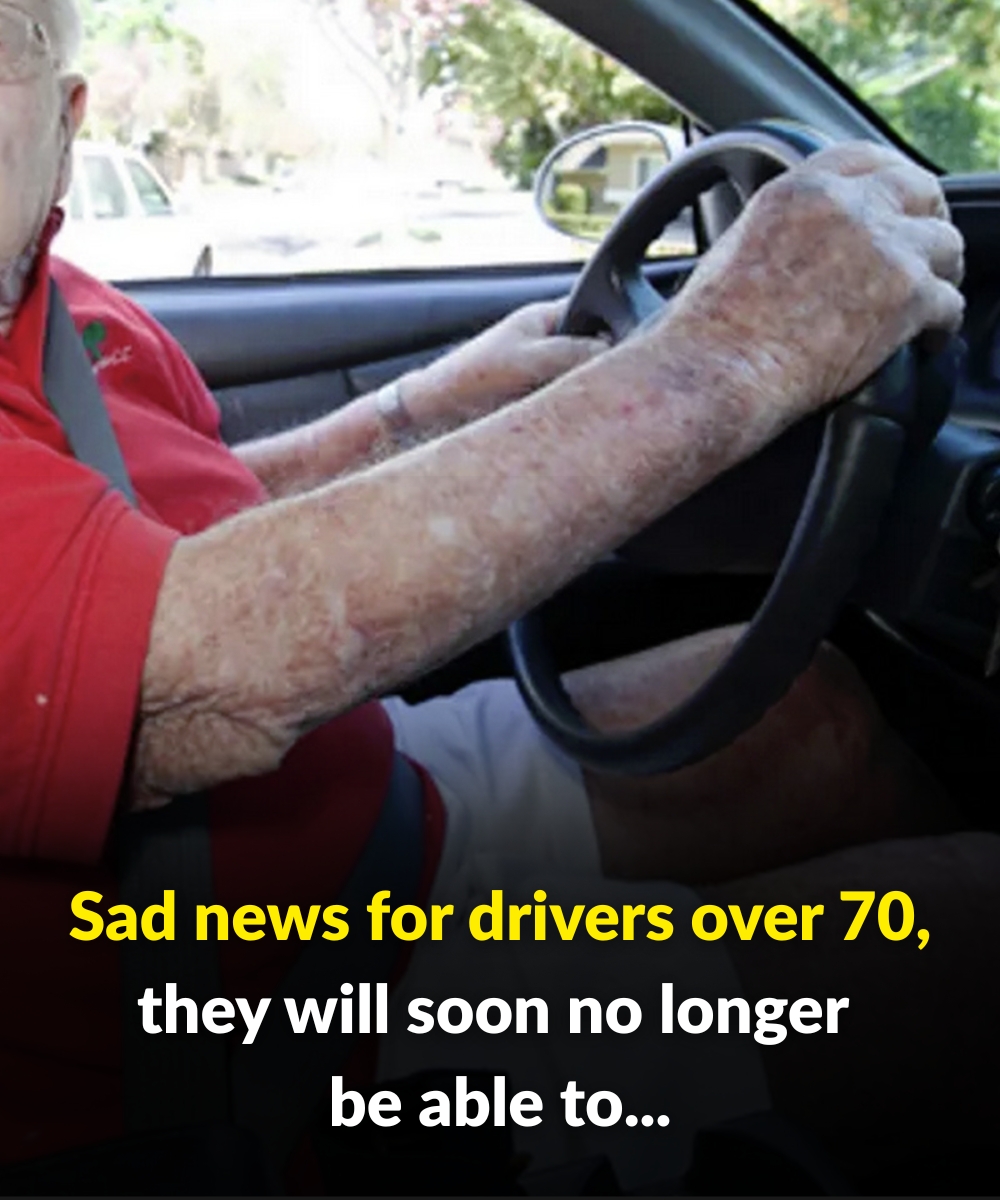There’s been growing concern lately about older drivers and their ability to safely operate a vehicle, especially those over the age of 70. While age alone isn’t enough to determine whether someone should still be behind the wheel, it’s a topic that raises important questions about safety, personal responsibility, and what measures, if any, should be taken to ensure everyone on the road remains protected.

The debate often circles back to whether older drivers should be required to take regular tests, much like how younger drivers must pass exams to get their licenses in the first place. The truth is, getting older comes with certain physical and cognitive changes. Reflexes slow down, eyesight can weaken, hearing might decline, and attention spans may shorten. And while not everyone experiences these changes in the same way or at the same rate, they are factors worth considering when evaluating someone’s ability to drive safely.
A recent and tragic example that brought this issue into sharp focus happened in La Rochelle, France, where an 83-year-old woman driving the wrong way struck a group of children riding their bicycles. Several were injured. Incidents like this highlight the potential risks and force us to ask tough questions: at what point should someone consider stepping away from the driver’s seat, or at least undergo evaluations to ensure they’re still fit to drive? According to data from France’s Road Safety Authority, drivers over the age of 75 are statistically just as likely to be involved in accidents as drivers between 18 and 24.
That may come as a surprise to some, given the stereotype that younger drivers are more reckless, but it shows that aging does present genuine risks on the road—risks that might be underestimated or overlooked due to the lack of mandatory testing. In France, once you have your B license—which covers driving a private car—it’s valid for life unless you’ve had a serious infraction or have been ruled unfit by a court.
Unlike in countries such as Italy or Germany, where drivers are required to undergo health checkups after the age of 70 or 75, France places the responsibility squarely on the individual. There’s no requirement for elderly drivers to get medical clearance or renew their license based on health, and this approach assumes people will self-monitor their ability to drive. However, this hands-off approach has prompted concern, especially as the population continues to age. To address this issue without taking away independence, several smart and practical solutions are available. Seniors who are unsure about their abilities can voluntarily visit a licensed physician or their family doctor for a check-up. These health professionals can test vision, reaction times, and overall coordination. Doctors may even suggest simple changes, like avoiding night driving or steering clear of high-speed highways, to reduce risks while still allowing older adults the freedom to drive. Another helpful option is refresher driving courses specifically designed for older drivers. These classes help seniors review traffic laws, learn about newer road designs like roundabouts, and become familiar with modern safety features in today’s cars, such as lane assist and emergency braking. Constructive feedback during these courses can help build confidence and correct bad habits that might have developed over time. Practical vehicle adjustments also play a big role. Switching from a manual to an automatic transmission can make driving less physically demanding. Across France, workshops are now being offered to help senior drivers understand how to make these transitions and continue driving more safely and comfortably. Some driving schools even offer personalized courses tailored to seniors, complete with one-on-one guidance. Rather than point fingers or stereotype older drivers, it’s much more productive to approach this issue with empathy and understanding. Many senior drivers have decades of experience on the road and have maintained clean records throughout their lives. Their experience is valuable, and with the right support, they can continue driving safely for years to come. Encouraging regular check-ups, promoting education, and offering resources that help older adults stay confident and capable behind the wheel is a far more effective strategy than casting blame.





